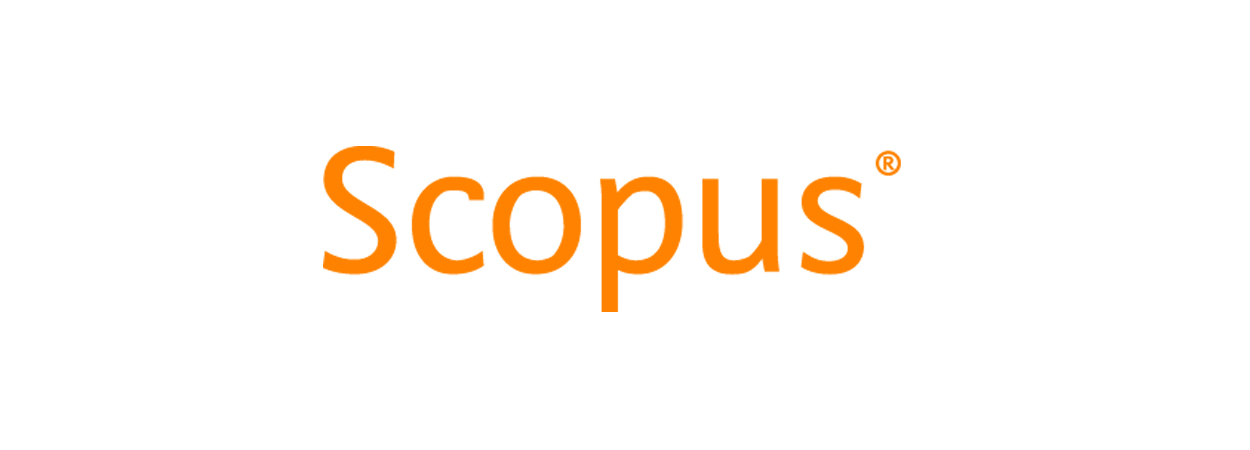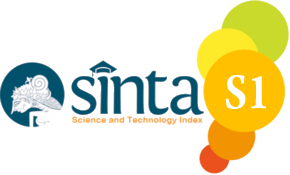UMKM PARTICIPATION IN HALAL INDUSTRY: THE LEGAL FRAMEWORK AND OPPORTUNITIES
Abstract
Economic growth is an indicator used to see development success in a country, including Indonesia. The Covid-19 pandemic has a significant impact on economic growth, such as a decline in each quarter of 2020. It also affects the income and level of consumption of the community. UMKM, as the spearhead of economic affairs, can certainly provide solutions to the problems faced. The tendency of the halal industry, especially in halal products, is currently experiencing a panic, where all products must have a halal certificate. This study aims to analyze the potential of halal-based UMKM on the economy after the Covid-19 pandemic. The research method is qualitative with a literacy approach, referring to the findings that correlate with the studied variables. The result of this research is that halal-based UMKM provides economic improvement. The population of Muslims in Indonesia reached 229.62 million people, and it has an impact on the level of consumption of foods and drinks labelled as halal, especially during a pandemic. The tendency that occurs determines consumption in society. Therefore, halal-based UMKM have the potential to improve the economy during the pandemic and post Covid-19 pandemic.
Keywords
Full Text:
PDFReferences
Adinugraha, H. H., & Sartika, M. (2019). Halal Lifestyle Di Indonesia. An-Nisbah: Jurnal Ekonomi Syariah,5(2), 57–81. Https://doi.org/10.21274/an.2019.5.2.
Al Umar, A. U. A., Mustofa, M. T. L., Fitria, D., Jannah, A. M., & Arinta, Y. N. (2021). Pengaruh Label Halal dan Tanggal Kadaluarsa Terhadap Keputusan Pembelian Produk Sidomuncul. Jesya (Jurnal Ekonomi dan Ekonomi Syariah), 4(1), 641-647.
Alim, S. A., Mawardi, M. K., & Bafadhal, A. S. (2018). Pengaruh Persepsi Label Halal dan Kualitas Produk Terhadap Keputusan Pembelian Produk Fesyen Muslim (Survei pada Pelanggan Produk Zoya Muslim di Kota Malang). Jurnal Administrasi Bisnis, 62(1), 127-134.
Chairunnisyah, S. (2017). Peran Majelis Ulama Indonesia Dalam Menerbitkan Sertifikat Halal Pada Produk Makanan Dan Kosmetika. EduTech: Jurnal Ilmu Pendidikan dan Ilmu Sosial, 3(2). https://doi.org/10.30596/et.v3i2.1251
Hadiwardoyo, W. (2020). Kerugian Ekonomi Nasional Akibat Pandemi Covid-19. BASKARA: Journal of Business & Entrepreneurship, 2(2), 83-92. DOI: https://doi.org/10.24853/baskara.2.2.83-92
Hafizah, G. D. (2020). Peran Ekonomi Dan Keuangan Syariah Pada Masa Pandemi Covid-19. Likuid: Jurnal Ekonomi Industri Halal, 1(1).
Hasan, K. S. (2014). Kepastian hukum sertifikasi dan labelisasi halal produk pangan. Jurnal Dinamika Hukum, 14(2), 227-238.
Hasan, K. S. (2014). Sertifikasi halal dalam hukum positif: regulasi dan implementasi di Indonesia. Aswaja Pressindo.
Huda, N., Hulmansyah, H., & Rini, N. (2018). Faktor Yang Mempengaruhi Perilaku Konsumsi Produk Halal Pada Kalangan Mahasiswa Muslim. EKUITAS (Jurnal Ekonomi dan Keuangan), 2(2), 247-270. DOI: https://doi.org/10.24034/j25485024.y2018.v2.i2.3944
Maulida, R. (2013). Urgensi Regulasi Dan Edukasi Produk Halal Bagi Konsumen. Justicia Islamica: Jurnal Kajian Hukum dan Sosial, 10(2). DOI: 10.21154 / justicia.v10i2.153
Mestika Zed, Metode Penelitian Kepustakaan, (Jakarta: Yayasan Obor Indonesia, 2004), hlm. 3
Nuraini, I. (2017). Kualitas pertumbuhan ekonomi daerah kabupaten/kota di jawa timur. Jurnal Ekonomi Pembangunan, 15.
OECD. (2020). SME Policy Responses. https://read.oecd-ilibrary.org/view/?ref=119_ 119680di6h3qgi4x&title=Covid-19_SME_Policy_Responses
Pakpahan, A. K. (2020). Covid-19 Dan Implikasi Bagi Usaha Mikro, Kecil, Dan Menengah. Jurnal Ilmiah Hubungan Internasional, 59-64. DOI: https://doi.org/10.26593/jihi.v0i0.3870.59-64
Rambe, Y. M., & Afifuddin, S. (2012). Pengaruh Pencantuman Label Halal Pada Kemasan Mie Instan Terhadap Minat Pembelian Masyarakat Muslim (Studi Kasus Pada Mahasiswa Universitas Al-Washliyah, Medan). Jurnal ekonomi dan Keuangan, 1(1), 14866.
Sedyastuti, K. (2018). Analisis Pemberdayaan UMKM dan Peningkatan Daya Saing Dalam Kancah Pasar Global. INOBIS: Jurnal Inovasi Bisnis dan Manajemen Indonesia, 2(1), 117-127. DOI: https://doi.org/10.31842/jurnal-inobis.v2i1.65
Triasih, D., Heryanti, B. R., & Kridasaksana, D. (2017). Kajian Tentang Perlindungan Hukumbagi Konsumen Terhadap Produk Makanan Bersertifikat Halal. Jurnal Dinamika Sosial Budaya, 18(2), 214-225. DOI: http://dx.doi.org/10.26623/jdsb.v18i2.571
Widyaningrum, P. W. (2019). Pengaruh Label Halal, Kesadaran Halal, Iklan, dan Celebrity Endorser terhadap Minat Pembelian kosmetik melalui variabel Persepsi sebagai Mediasi (Studi Pada Civitas Akademika Universitas Muhammadiyah Ponorogo). CAPITAL: Jurnal Ekonomi dan Manajemen, 2(2), 74-97.
DOI: http://dx.doi.org/10.22373/jiif.v22i1.10393
Refbacks
- There are currently no refbacks.
Welcome to Jurnal Ilmiah Islam Futura (JIIF) open journal system. Thank you very much for visiting. We are looking forward to getting your research articles
Jurnal Ilmiah Islam Futura
All works are licensed under CC-BY
©Published by Center for Research and Community Service (LP2M) in cooperation with the Postgraduate Program of UIN Ar-Raniry Banda Aceh, Aceh, Indonesia.





